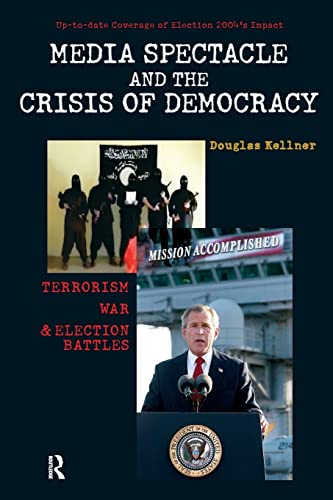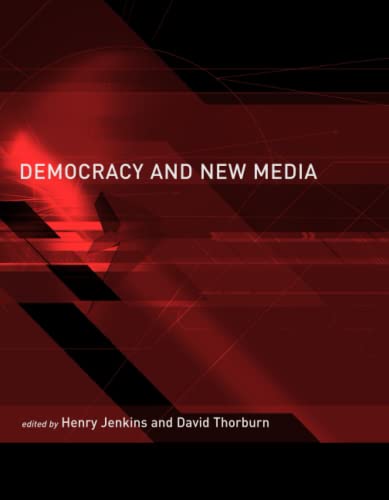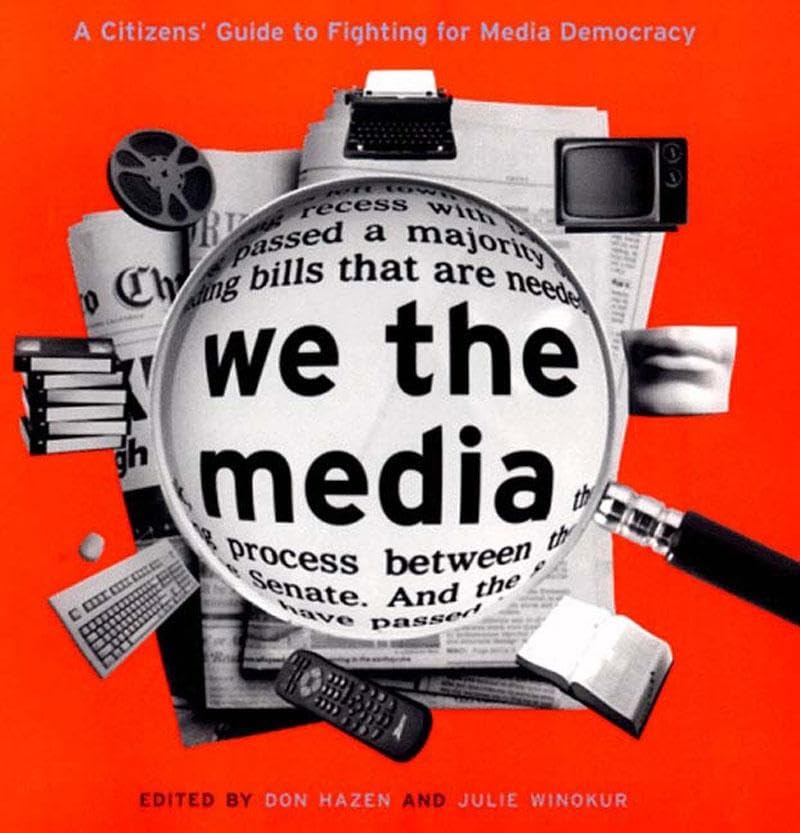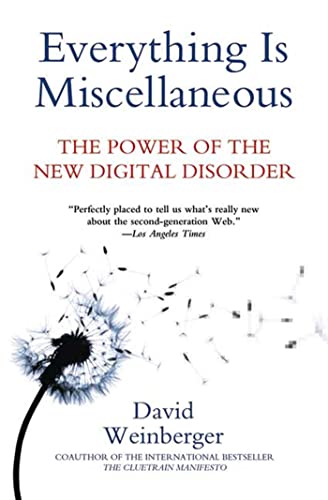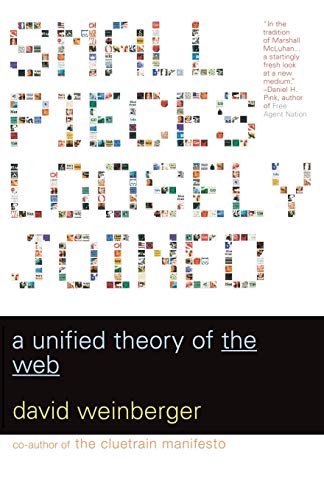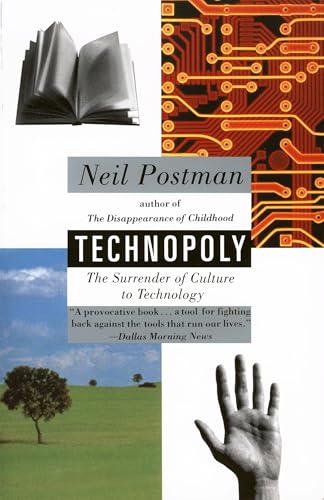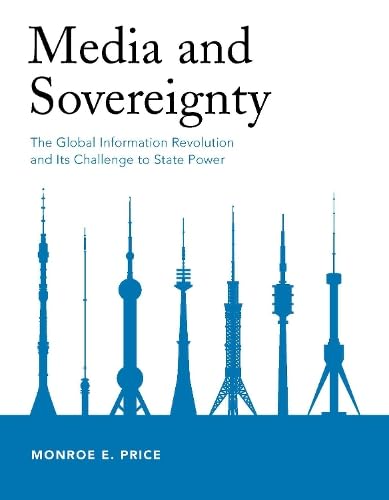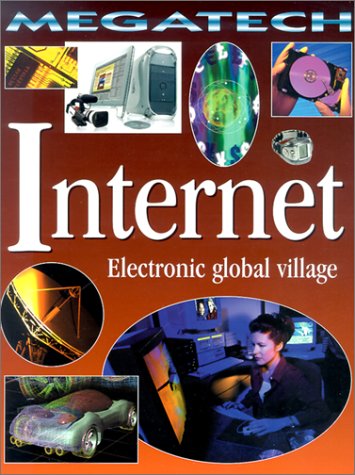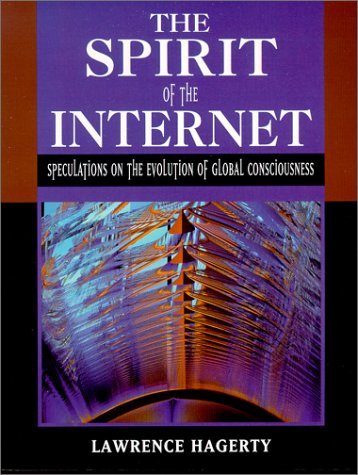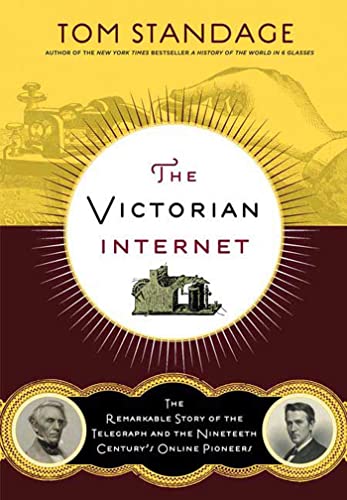Digital Media Creates Global Thinking
Explore top books on digital media that foster global thinking. Discover how digital platforms shape worldwide perspectives and connectivity through curated reading lists.


Book
Linked
by Albert-László Barabási
We've long suspected that we live in a small world, where everything is connected to everything else. Indeed, networks are pervasive--from the human brain to the Internet to the economy to our group of friends. These linkages, it turns out, aren't random. All networks, to the great surprise of scientists, have an underlying order and follow simple laws. Understanding the structure and behavior of these networks will help us do some amazing things, from designing the optimal organization of a firm to stopping a disease outbreak before it spreads catastrophically. In Linked, Barabási, a physicist whose work has revolutionized the study of networks, traces the development of this rapidly unfolding science and introduces us to the scientists carrying out this pioneering work. These "new cartographers" are mapping networks in a wide range of scientific disciplines, proving that social networks, corporations, and cells are more similar than they are different, and providing important new insights into the interconnected world around us. This knowledge, says Barabási, can shed light on the robustness of the Internet, the spread of fads and viruses, even the future of democracy.



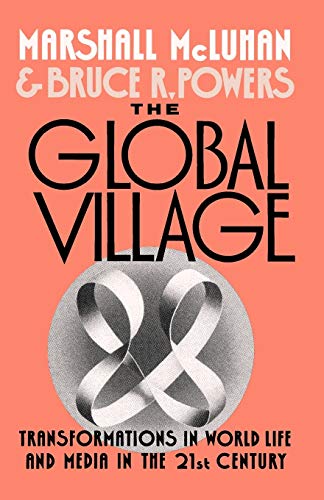
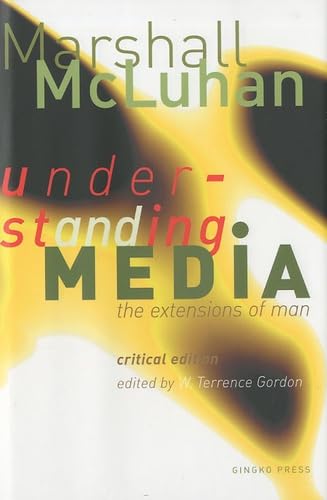


Book
Smart Mobs
by Howard Rheingold
Smart Mobs takes us on a journey around the world for a preview of the next techno-cultural shift. The coming wave, says Rheingold, is the result of super-efficient mobile communications-cellular phones, wireless-paging, and Internet-access devices-that will allow us to connect with anyone, anytime, anywhere.Rheingold offers a penetrating perspective on the new convergence of pop culture, cutting-edge technology, and social activism. He also reminds us that the real impact of mobile communications will come not from the technology itself but from how people use it, resist it, and adapt to it.
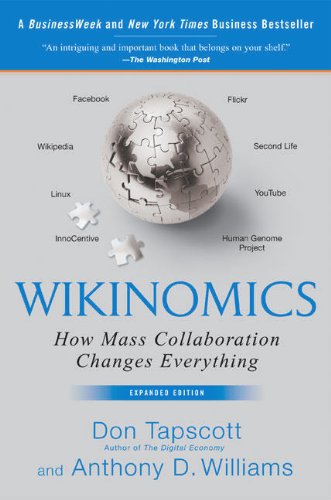








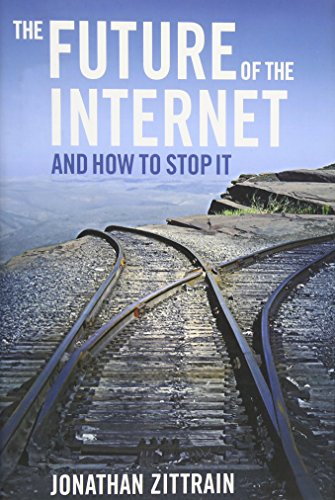
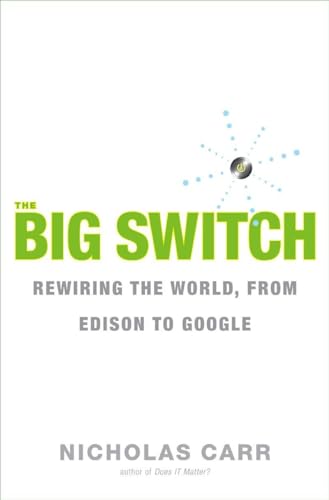

Book
Manufacturing Consent
by Edward S. Herman
A "compelling indictment of the news media's role in covering up errors and deceptions" (The New York Times Book Review) due to the underlying economics of publishing—from famed scholars Edward S. Herman and Noam Chomsky. With a new introduction. In this pathbreaking work, Edward S. Herman and Noam Chomsky show that, contrary to the usual image of the news media as cantankerous, obstinate, and ubiquitous in their search for truth and defense of justice, in their actual practice they defend the economic, social, and political agendas of the privileged groups that dominate domestic society, the state, and the global order. Based on a series of case studies—including the media’s dichotomous treatment of “worthy” versus “unworthy” victims, “legitimizing” and “meaningless” Third World elections, and devastating critiques of media coverage of the U.S. wars against Indochina—Herman and Chomsky draw on decades of criticism and research to propose a Propaganda Model to explain the media’s behavior and performance. Their new introduction updates the Propaganda Model and the earlier case studies, and it discusses several other applications. These include the manner in which the media covered the passage of the North American Free Trade Agreement and subsequent Mexican financial meltdown of 1994-1995, the media’s handling of the protests against the World Trade Organization, World Bank, and International Monetary Fund in 1999 and 2000, and the media’s treatment of the chemical industry and its regulation. What emerges from this work is a powerful assessment of how propagandistic the U.S. mass media are, how they systematically fail to live up to their self-image as providers of the kind of information that people need to make sense of the world, and how we can understand their function in a radically new way.

